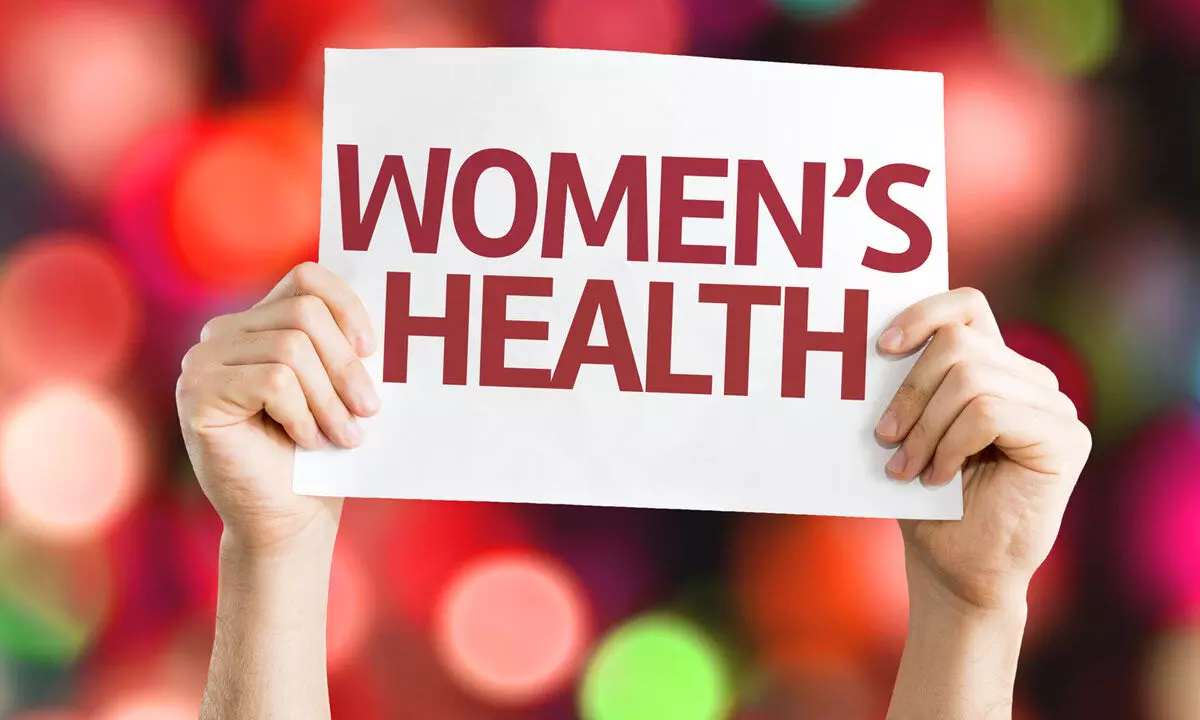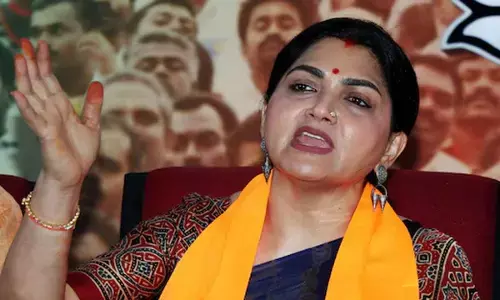Global perspective on Women's Health

The foundation for a healthy, productive life and strong immunity is laid during the first 1000 days of life of a human being
The foundation for a healthy, productive life and strong immunity is laid during the first 1000 days of life of a human being. Women provides health and nutrition to the child during this critical period from pregnancy to two years of lactation. Not addressing women’s health and nutrition during this period results in stunted, wasted, and underweight children. These conditions are associated with a variety of negative health outcomes, including increased morbidity and mortality, impaired physical and cognitive development, poor learning capacity, and reduced educational attainment. It has been estimated that 149 million children and 45 million under 5 years of age are stunted and wasted, worldwide. In India almost 35% of children born are wasted and stunted. Not addressing the women’s health issues will result in producing an unhealthy generation that will increase the burden of health care, economic costs, and lost productivity of nations. Women’s health is not only a matter of individual well-being but is intricately linked to the overall health and development of nations. From access to healthcare to addressing cultural disparities, a comprehensive examination of women’s health on a global scale and providing solutions is essential to foster a world where every human being born is healthy and productive.
Women’s health is a complex and multifaceted issue that encompasses physical, mental, and social well-being. From access to healthcare services to cultural attitudes towards women’s bodies, numerous factors influence the global perspective on women’s health. While advancements have been made, disparities persist across the globe. In developing countries, women face unique challenges related to maternal health, family planning, and infectious diseases. In contrast, developed nations grapple with issues such as mental health, chronic diseases, and the impact of lifestyle choices. Bridging these gaps requires a nuanced understanding of cultural contexts, socioeconomic factors, and healthcare infrastructures.
Access to family planning and reproductive rights remains a fundamental challenge in various parts of the world. Cultural norms, lack of education, and restrictive policies often limit women’s autonomy over their reproductive choices. A global perspective on women’s health must prioritize empowering women with information, resources, and the agency to make decisions that align with their personal circumstances and aspirations. Despite of women entering every profession and being part of the work force, large part of the burden of the family care still rests with women forcing them to keep their health on the lowest priority. This must change.
Infectious diseases, particularly those affecting the female reproductive system, pose a significant threat to women’s health globally. From sexually transmitted infections to neglected tropical diseases, the burden falls disproportionately on women. International collaborations and investments in research are essential to develop preventive measures, treatments, and ensure equitable access to healthcare resources. As women go through different stages of life menstruation, pregnancy, lactation, menopause, hormonal fluctuations, their health care, and nutrition need change, and these must be taken in to account in providing them appropriate health care. In many developing regions, maternal mortality rates remain unacceptably high due to inadequate healthcare. Initiatives that focus on enhancing maternal healthcare, providing education, and improving infrastructure are crucial for breaking the cycle of maternal mortality.
Gender-based violence, including domestic violence, sexual assault, and human trafficking, poses a serious threat to women’s health and well-being worldwide. Survivors of gender-based violence often experience physical injuries, mental health disorders such as depression and post-traumatic stress disorder (PTSD), and long-term health consequences. Moreover, the stigma and shame associated with experiencing violence can deter women from seeking help and support.
As lifestyles change globally, the prevalence of chronic diseases among women is on the rise. Issues such as cardiovascular diseases, diabetes, and certain cancers require a holistic approach that includes prevention, early detection, and lifestyle interventions. Encouraging healthy habits, promoting physical activity, and addressing socio-economic factors that contribute to unhealthy behaviors are integral components of a global strategy for women’s health. The marketing advertisements still show women worrying about the health and husband and children. Time this mind set changes to men worrying about wife and children’s health.
A global perspective on women’s health is an evolving narrative that demands collective action. Addressing the challenges facing women’s health requires a concerted effort from families, policymakers, healthcare providers, and communities worldwide. By promoting gender equality, expanding access to healthcare services, and addressing the social determinants of health, we can work towards improving the health and well-being of women globally. Recognizing and addressing the unique challenges faced by women in different regions, societies can work towards a future where every woman enjoys the right to health and well-being. It is not merely a matter of ensuring the health of half the population but a commitment to building a healthier, more equitable world for all. Through education, empowerment, and collaboration, we can pave the way for a future where women’s health is a universal priority, transcending borders and transforming lives. We cannot build healthy nations without ensuring women’s health.
(The writer is a Technical Director and Nutrition Consultant, Naturell India Pvt. Ltd. (RiteBite’s MAX Protein)










